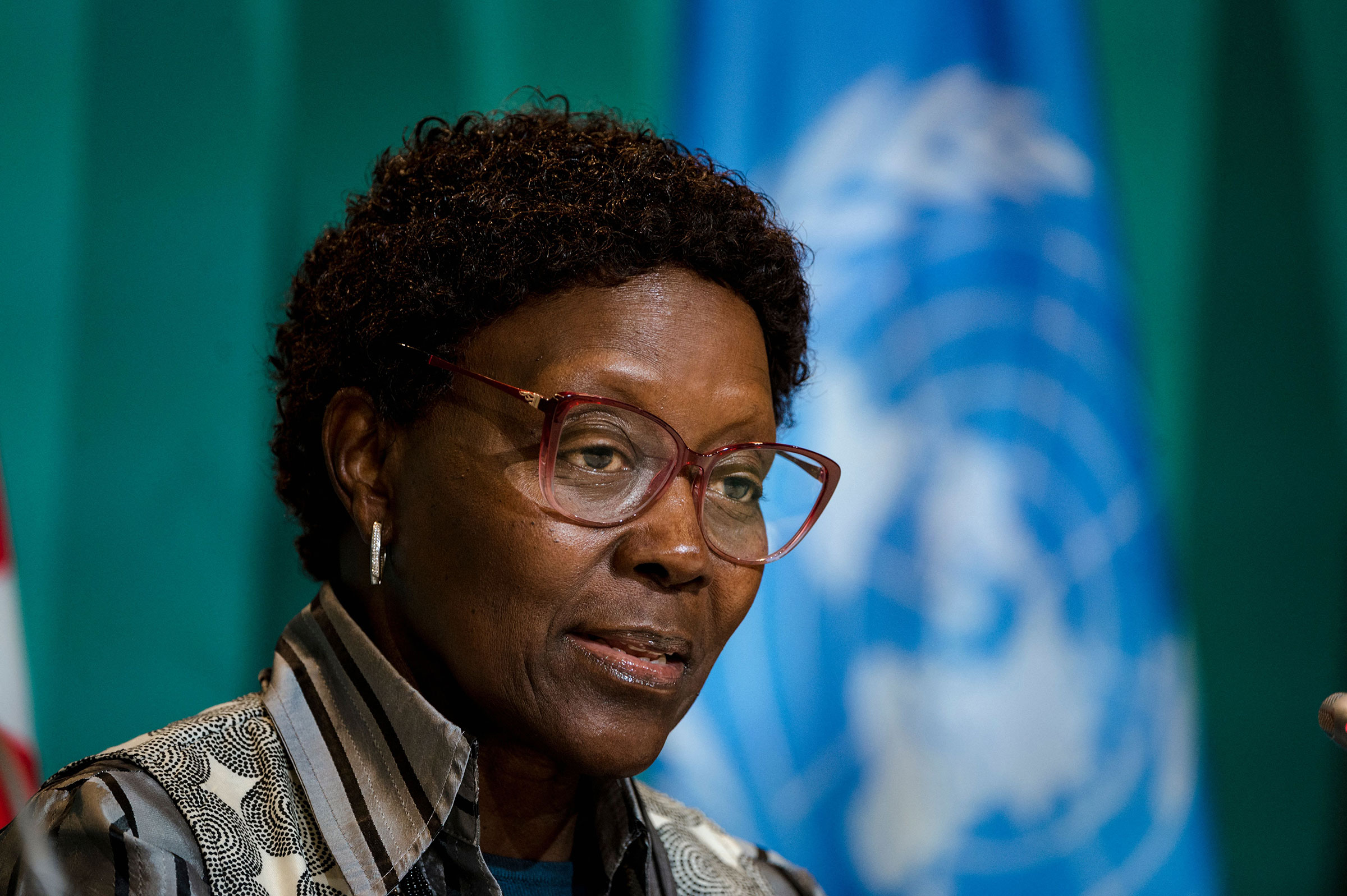In December, Elizabeth Maruma Mrema led the world’s countries to one of the decade’s biggest environmental wins—an agreement to conserve or restore nature on 30% of the world’s lands and waters by 2030. Then the U.N.’s executive secretary of the Convention on Biological Diversity, Mrema shepherded the deal, overcoming vast differences among 195 countries’ negotiators. The agreement, which is not legally binding, will in theory help boost finance for developing countries, phase out subsidies that harm nature, and protect the rights of Indigenous communities.
But Mrema’s work is far from over. Now the U.N. Environment Programme’s deputy executive director, she is co-leading a task force working on standardizing how businesses account for their impact on nature. Experts say the financial framework stands to accelerate efforts to protect the planet.
Nugent is a TIME staff writer
- The 100 Most Influential People of 2024
- Coco Gauff Is Playing for Herself Now
- Scenes From Pro-Palestinian Encampments Across U.S. Universities
- 6 Compliments That Land Every Time
- If You're Dating Right Now, You're Brave: Column
- The AI That Could Heal a Divided Internet
- Fallout Is a Brilliant Model for the Future of Video Game Adaptations
- Want Weekly Recs on What to Watch, Read, and More? Sign Up for Worth Your Time
